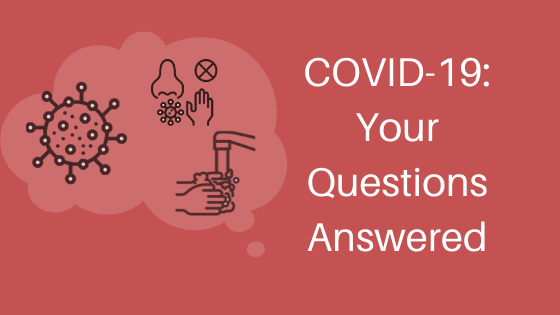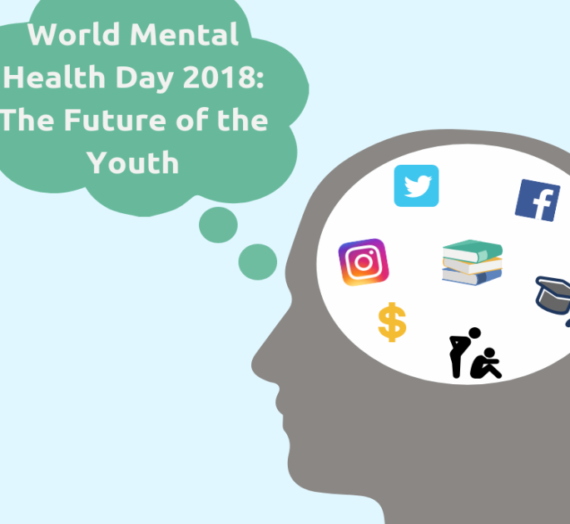You’re probably fed up reading about COVID-19, so, apologies in advance for the following post! We asked you what your biggest unanswered coronavirus questions were, and we’ve done our best to find out the answers! Read on to find out what we learnt!
- How likely is it that someone who has had the virus will be completely immune from getting the virus again?
This simple answer is we really do not know. Normally, when you first become infected with the pathogen (a virus, in this case), your body doesn’t know how to deal with it yet, so it takes time for it to start producing antibodies that help immune cells recognise the virus and get rid of it. Once you have had this first exposure and have produced the antibodies, the instructions for how to make them can be remembered by your cells for a long time (sometimes even for life). This is why people usually only get chickenpox once in a lifetime.
A recent study found that once infected with SARS-CoV-2, rhesus macaques were then not able to be re-infected with the virus again, suggesting that catching the disease once can provide immunity. However, it’s worth noting that this was done in a controlled setting, where the scientists were able to determine the dose of virus the monkeys were exposed to. Such control is not possible in real life, hence, results in the real world may be different.
We are still unsure about how the level of exposure to the virus may affect the severity of illness. For example, if you were exposed to a small amount of virus and suffered mild symptoms the first time, you might have a different experience if you were later exposed to higher levels of the virus.

So, can’t we just use antibody tests to tell if a person has got coronavirus antibodies? If they have antibodies, doesn’t that mean they at least have some immunity? Again, yes and no. Antibody tests can tell us the number of antibodies present in the blood, but it doesn’t mean that somebody with antibodies is immune. In short, we simply do not know enough about how this virus works yet.
There is also the worry that people who get tested and find out they are seropositive (they have coronavirus antibodies in their blood), may believe themselves to be immune, and start to become complacent about social distancing or hand washing.
- How does SARS-CoV-2 transmission occur in asymptomatic individuals?
If a person is ‘asymptomatic‘, it means that they are infected with the disease, but are not showing symptoms.
You cough and sneeze when you’re infected with a virus to try and remove it from your body. It’s also good for the virus as it releases more viral particles out into the open which can then be picked up by someone else. But if you’re asymptomatic, then you’re not coughing and thus not spreading the disease, in theory, that is. The reality is a little bit more complicated. The WHO guidelines say that the risk of catching coronavirus from someone with no symptoms is very low, but it is not zero. Estimates from China suggest that as many as four in five cases of the disease are asymptomatic.
What is viral shedding?
Viral shedding is when a virus is replicating inside the body and gets released into the environment where it can infect other bodies. One study looking at viral shedding in 94 patients with COVID-19 found that viral shedding occurs 2-3 days before symptom onset with the majority of transmission likely occurring before the first symptoms.
Respiratory droplets containing the coronavirus can also be released when an infected person speaks, hence, the disease can be spread without symptomatic coughing. This is known as asymptomatic shedding. These droplets could be inhaled by a person nearby, or land on a surface that is then touched by someone else. This is why it is so important to wash your hands regularly and maintain social distance where possible.
- Is faecal-oral transmission possible?
Whilst the respiratory route appears to be the most common form of transmission, scientists believe that it is possible for SARS-CoV-2 to infect via the faecal-oral route too. This is whereby particles in faecal matter can contaminate nearby surfaces (think hands, door handles, taps, etc.,) or become airborne and infect a person this way.

Some COVID-19 cases present with gastrointestinal symptoms, such as diarrhoea, leading scientists to believe that the virus may be able to infect the gastrointestinal tract, making faecal-oral transmission a possibility. Data from 73 hospitalised SARS-CoV-2 patients in China indicates that in over 20% of the patients observed, test results for viral presence in faeces remained positive, even after respiratory tract tests came back negative. This means that coronavirus may remain in the gastrointestinal tract after it has been cleared from the respiratory tract, and hence, although respiratory transmission may no longer be a threat, faecal-oral transmission might still be possible.
- When will it all be over?
You’ve probably guessed the answer to this one already…we don’t know! The return to normality depends on a few factors; getting cases down to a much lower level, developing a safe and effective vaccine, and the extent to which we can make the outside world ‘COVID-proof’.
There is concern about the virus staying present in asymptomatic individuals, which could then get spread around again once we start getting closer to each other. Doctors are also worried about another spike in cases in the winter, as viruses tend to spread more easily in colder weather. However, it is impossible to know, until we have done more research and gathered more conclusive findings about how this pesky virus works.




